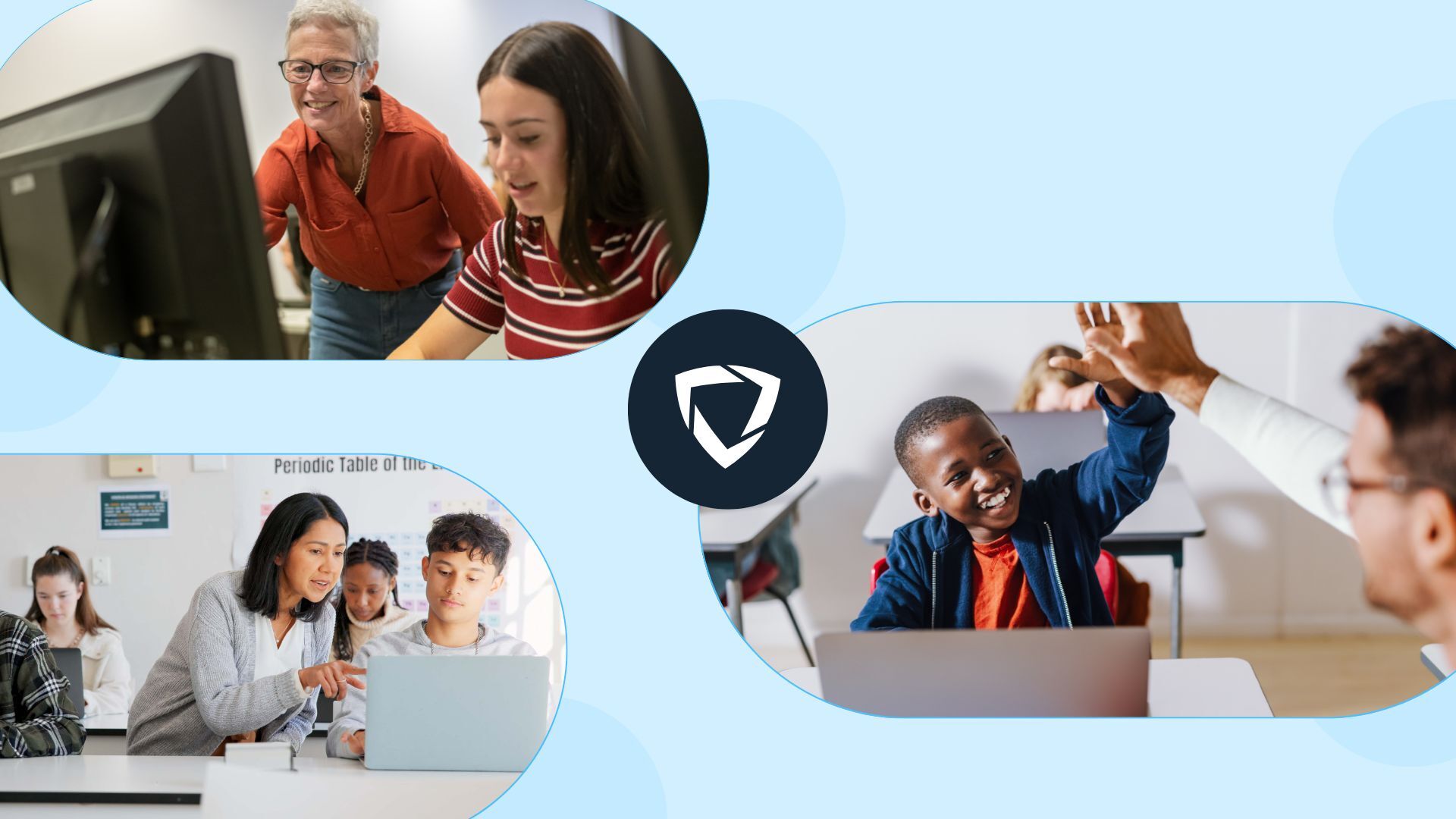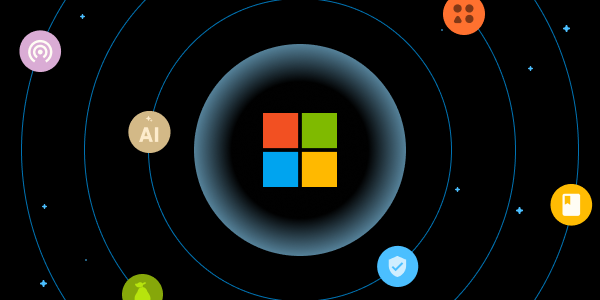Beyond Compliance: Why GoGuardian and Pear Deck Learning Lead in Digital Accessibility

Imagine this: A student who relies on a screen reader opens tomorrow’s lesson, only to discover half the interactive buttons are unlabeled. This isn’t just frustrating - it’s contrary to federal and state accessibility laws.
In April 2024, the U.S. Department of Justice expanded the Americans with Disabilities Act (ADA), requiring every state and local government website and any digital app they provide or license to comply with WCAG 2.1 Level AA guidelines. The first federal deadline falls on April 24, 2026, but some states, like Colorado and Maryland, have moved even faster, putting immediate pressure on districts to comply ahead of the federal deadline with state-specific laws.
At GoGuardian and Pear Deck Learning, accessibility isn’t just a yearly audit or checklist — it’s a core part of our building process. We embed it into our daily development process and back it up with detailed VPATs that clearly show how we meet WCAG 2.1 AA and other legal standards.
Accessibility 101: WCAG and VPATs
To understand how accessibility laws affect your district, there are two critical terms to be aware of:
- Web Content Accessibility Guidelines (WCAG) 2.1, Level AA: These guidelines include over 50 criteria that ensure websites and apps are usable by everyone, including students who depend on screen readers, keyboard navigation, captions, or high-contrast displays.
- Voluntary Product Accessibility Template (VPAT): A VPAT is a product’s detailed scorecard that shows where the product Supports, Partially Supports, or Does Not Support each WCAG criterion. It is not a formal certificate - just a transparent status report.
How accessibility rules impact your district
The April 2024 ADA update raises the bar for digital accessibility by adopting the WCAG 2.1 AA standard. This shift impacts every app, platform, and digital resource a district uses, and while the federal rule sets the baseline, several states layer on additional requirements that districts need to prepare for.
- Federal rule: By April 24, 2026 (for public entities serving 50,000+ people) or April 26, 2027 (for everyone else), those digital services must align with WCAG 2.1, level AA.
- Examples of state-specific laws:
- Colorado HB 21-1110: Compliance is required for all K-12 and higher-ed digital tools by July 1, 2025. Fines may be up to $3,500 per unresolved violation.
- Maryland § 7-910: Since September 2023, every K-12 digital tool vendor must hand districts a VPAT and fix any issues or face fines starting at $5,000.
- Colorado HB 21-1110: Compliance is required for all K-12 and higher-ed digital tools by July 1, 2025. Fines may be up to $3,500 per unresolved violation.
How GoGuardian and Pear Deck Learning are leading the way in accessibility
At GoGuardian and Pear Deck Learning, we approach accessibility differently, and it’s intentional. While some companies may only refresh their VPATS once a year – or even less frequently – we embed accessibility deeply into our software development lifecycle. New products or features we launch are developed with accessibility in mind. Accessibility is not a compliance checkbox for us; it’s built into our DNA.
Our VPAT approach: Rigorous, human-led, and transparent
Our VPATs reflect more than just a moment in time; they’re built on a foundation of rigorous, real-world testing. We partner with independent third-party vendors who specialize in accessibility, including testers with lived experience of disabilities. Every product and feature undergoes thorough, human-led testing — not just automated scans — to ensure it works effectively for users with diverse needs.
Here’s a snapshot of our VPAT approach:
- Independent third-party audits: All audits are conducted by trusted vendors with deep accessibility expertise, including testers with disabilities such as vision impairments.
- Real-world testing: Human-led testing ensures our products don’t just pass automated checks; they genuinely work for users with diverse abilities.
- Rigor competitors can’t match: Many vendors rely on self‑graded VPATs or audits done by teams without disability expertise. Our human‑led process delivered through a validated third-party provides a level of confidence districts can rely on.
Accessibility is integrated into our product lifecycle
A VPAT is a report card: A point‑in‑time snapshot. What truly matters is the work that happens between these snapshots. That’s why we weave accessibility checks through every stage of product creation, not just at one point in the year.
- Design first: As soon as a feature is mocked up, our third‑party accessibility firm audits the design for WCAG compliance.
- Build with accessibility in mind: Engineers address the partner’s feedback while writing code, treating accessibility bugs with the same priority as functional bugs.
- Audit again before launch: When development is complete, the same experts test the live feature. Only after they sign off does the feature ship.
- Stay compliant between VPATs: We strive to maintain continuous compliance by cooperating in a constant audit‑fix‑audit cycle. This approach helps to ensure that accessibility is preserved as new features are released — something a static VPAT alone can’t guarantee.
Other vendors may stop at a once‑a‑year VPAT. We keep accessibility in motion, so districts aren’t left wondering what changed in the other eleven months.
Anticipating and preparing for evolving accessibility standards
We’re not only embedding accessibility into our product development, but also anticipating future updates to accessibility standards. By proactively testing against these new standards, we ensure a smooth transition when these guidelines become mandatory, positioning us to better support our district partners as accessibility requirements evolve.
Supporting districts through evolving laws
Our commitment to accessibility extends beyond our products; we proactively share our expertise to support district technology teams navigating changing laws and guidelines. During the adoption phase of Colorado’s HB 21-1110, we participated with districts across the state, listening to their needs, real-world challenges, and, when appropriate, sharing practical strategies. These interactions directly influence our product development and ensure our solutions consistently address the evolving accessibility needs of districts nationwide.
Your proactive partner in accessibility
Our combination of credible, human-led testing, embedded accessibility processes, and proactive district engagement positions GoGuardian and Pear Deck Learning as leaders in accessibility. Our commitment ensures every learner, regardless of ability, can fully engage in education today, tomorrow, and beyond.
Jump to Section
Bring the power of GoGuardian to your school or district today.




